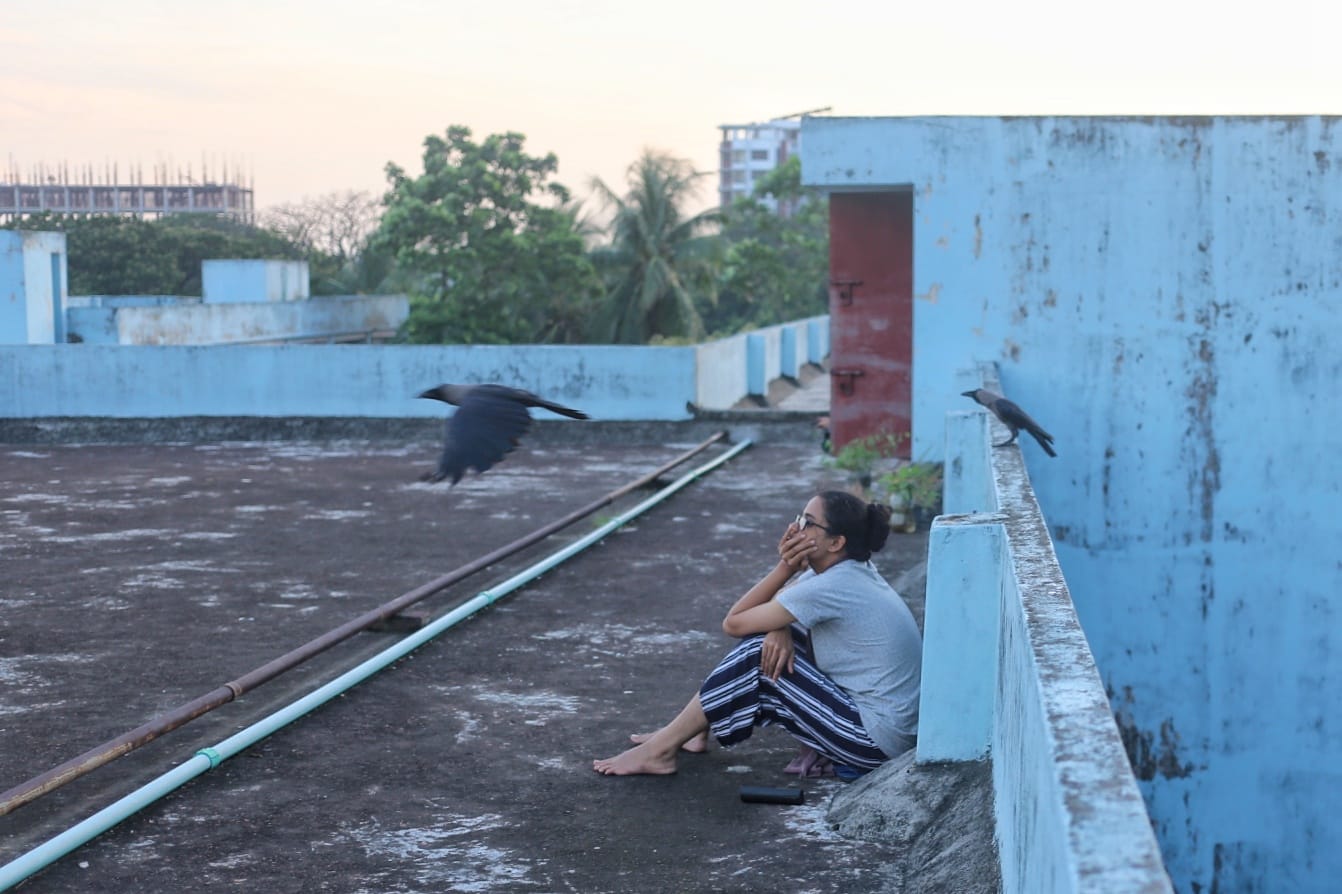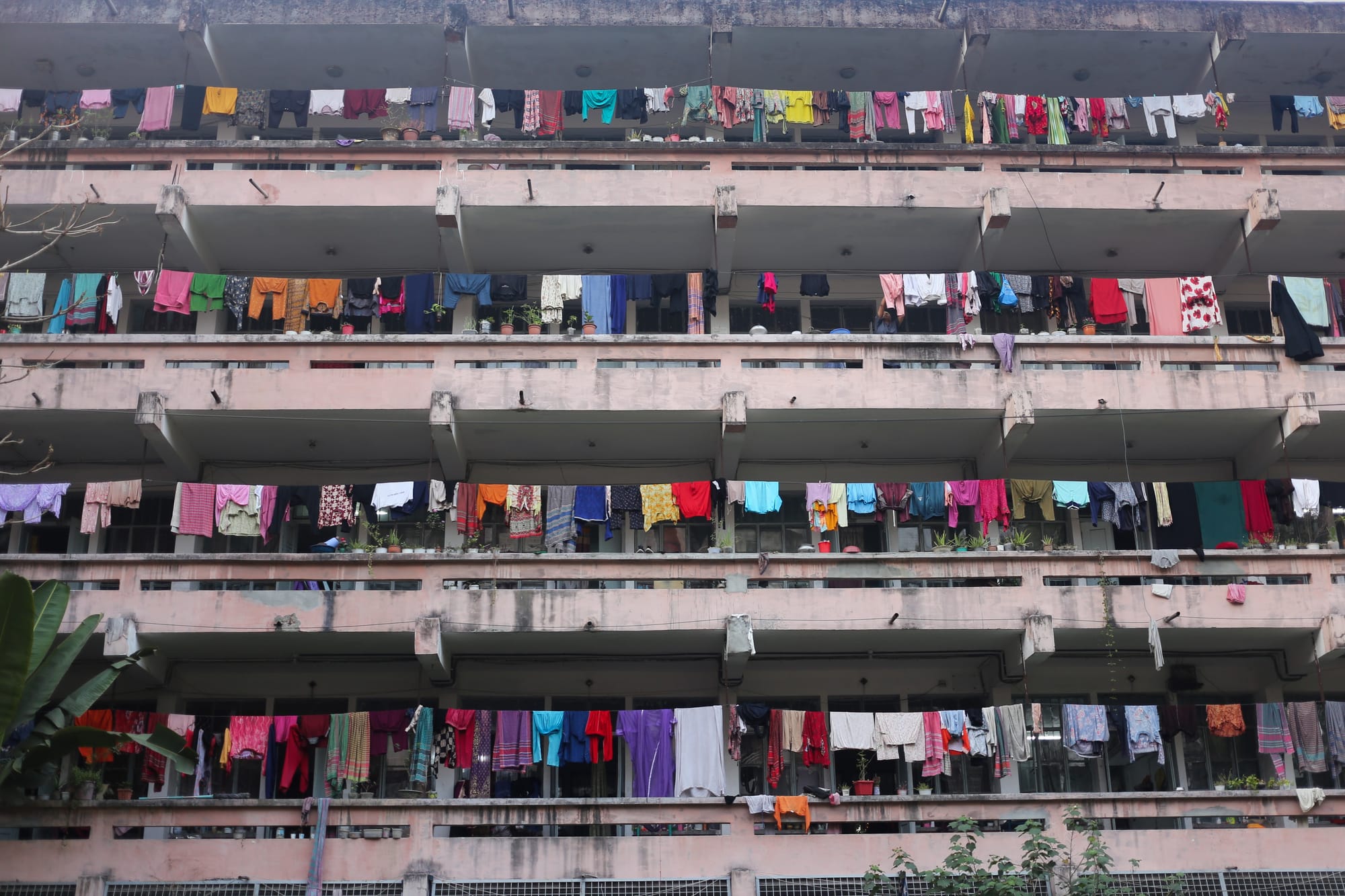Second home
From the Language Movement in 1952 to the July Uprising in 2024, the female student halls of Dhaka University have played a key role in shaping Bangladesh’s political history.
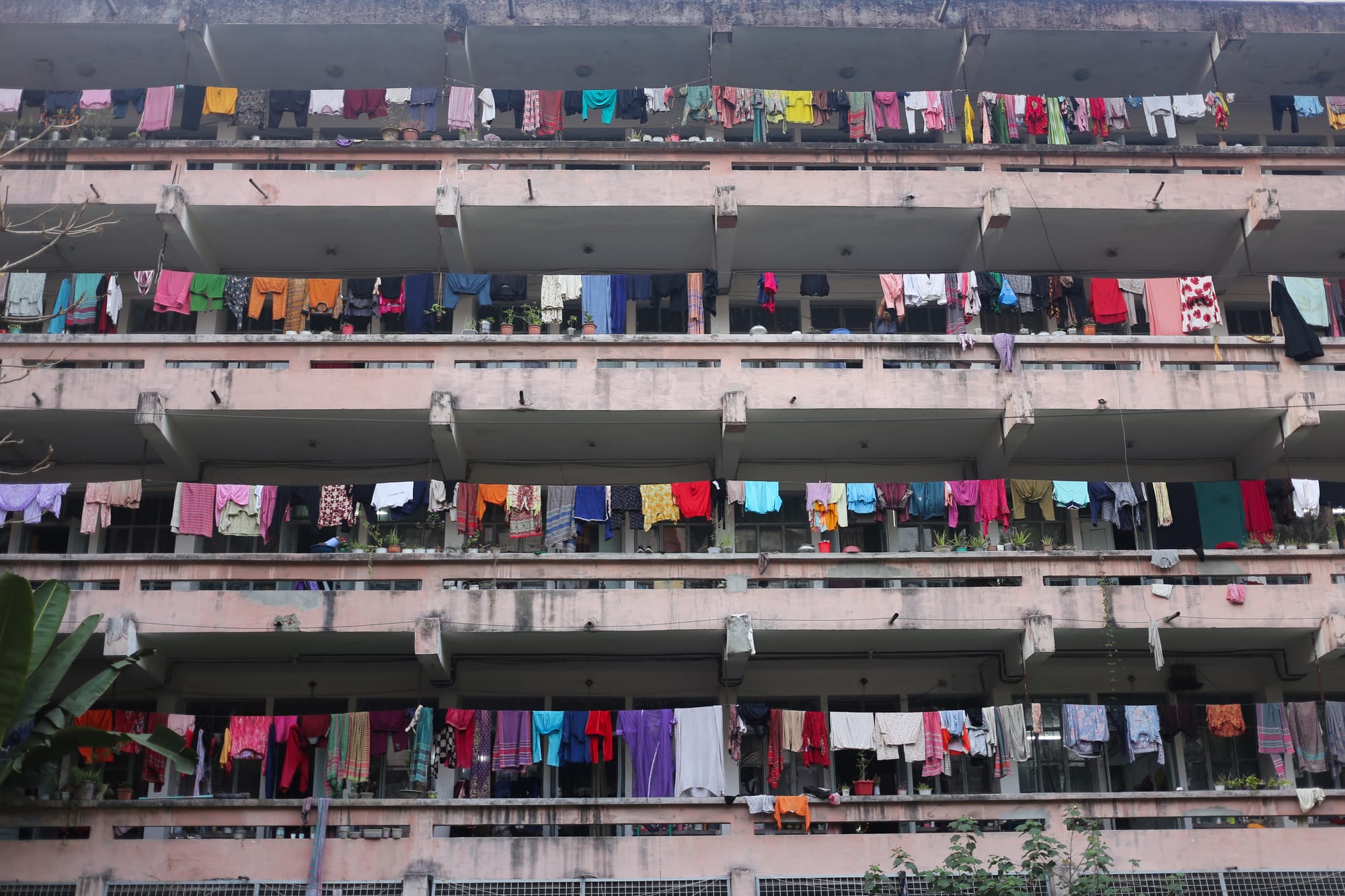
Every month, Mashruk Ahmed will curate an instalment of a photo-story series that questions established power discourse, featuring photographers who explore gaps, absences, and silences in Bangladesh’s socio-political records.
In this first edition, we present photojournalist Jannatul Ferdaus’s ongoing documentary project, “Second home”. She began her photography journey in 2020 while studying at the University of Dhaka, developing her work to shed light on the crucial contributions of women to the political narrative of Bangladesh.
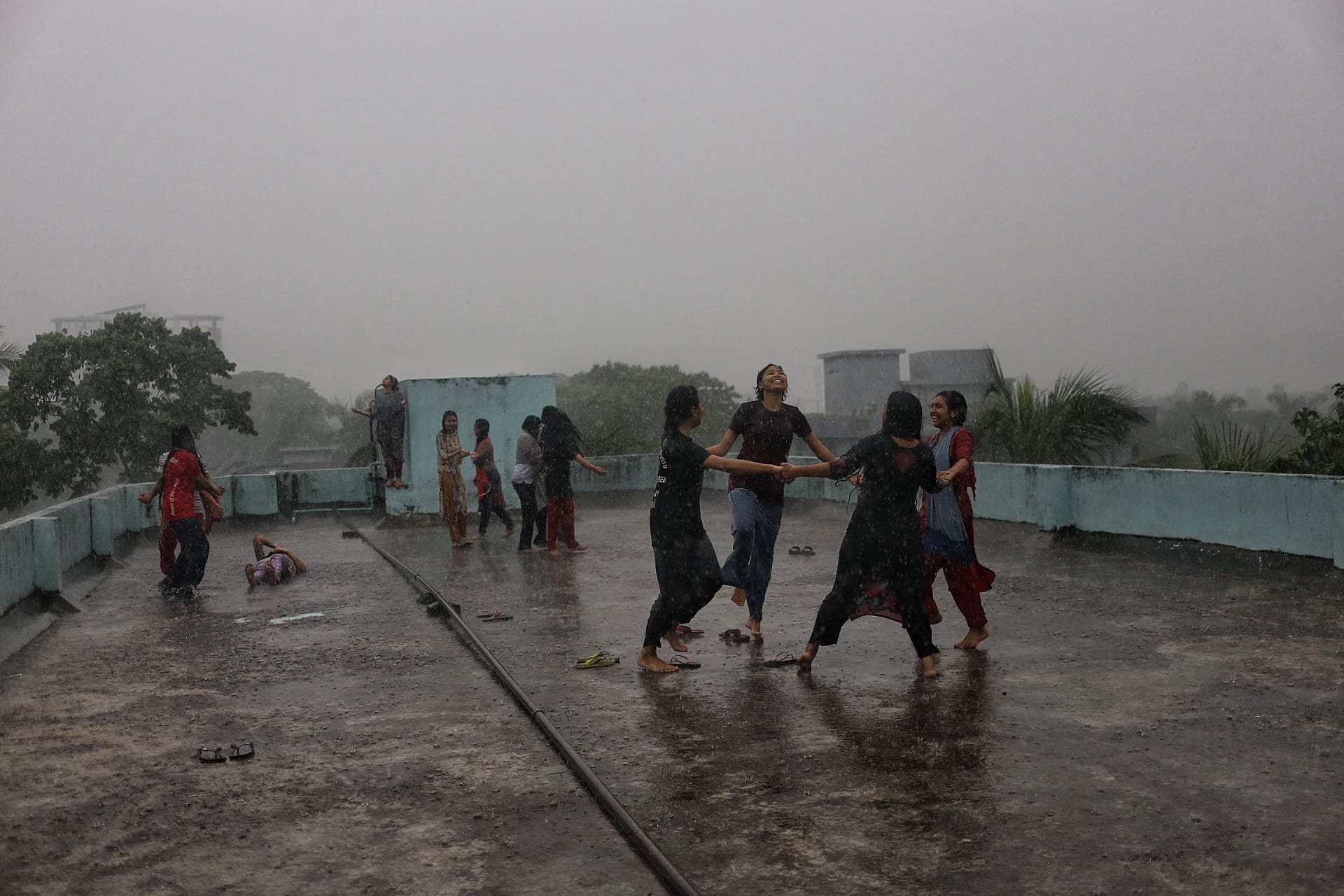
I first came to Dhaka in 2018 for the Dhaka University admission exam. After being accepted, I moved into Bangladesh-Kuwait Maitree Hall, which became my home. Like me, many others left their families and began living in a hall for the first time. Over time, we became an essential part of each other’s lives — sharing our joys, struggles, and everyday moments. We laughed together, supported one another, and built a bond that felt like family. Whenever I stepped into my room, the distance from home felt smaller. That sense of belonging and connection is what inspired the title, “Second home”.
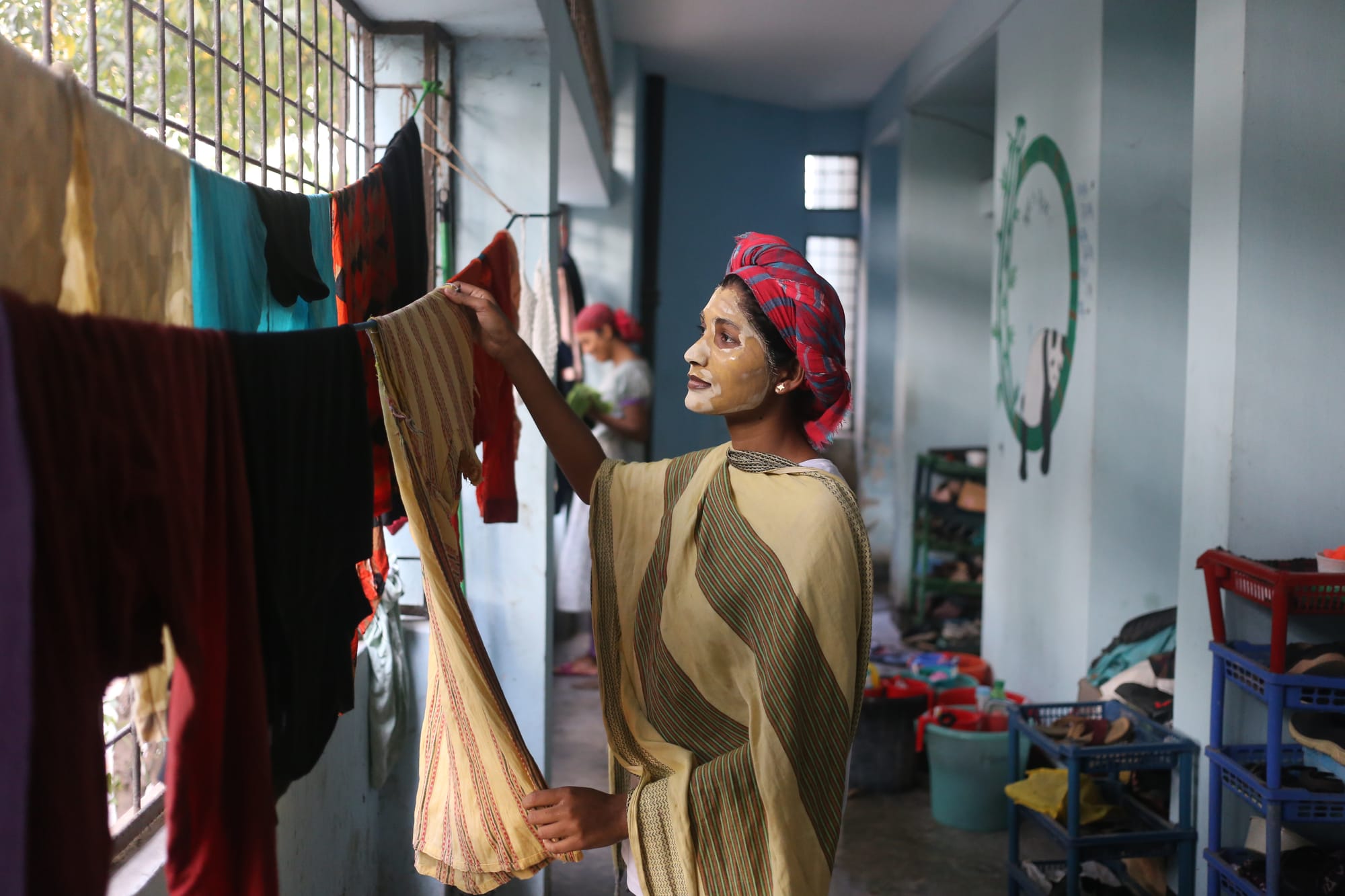
The bond that forms between seniors and juniors from different parts of Bangladesh is truly special. We support each other through every challenge, every celebration. Each day and night in the hostel brings new stories. It is a space free from rigid thinking — where we grow together, share meals, exchange ideas, and stand by each other in times of need. Most importantly, it is where we come together to raise our voices against injustice.
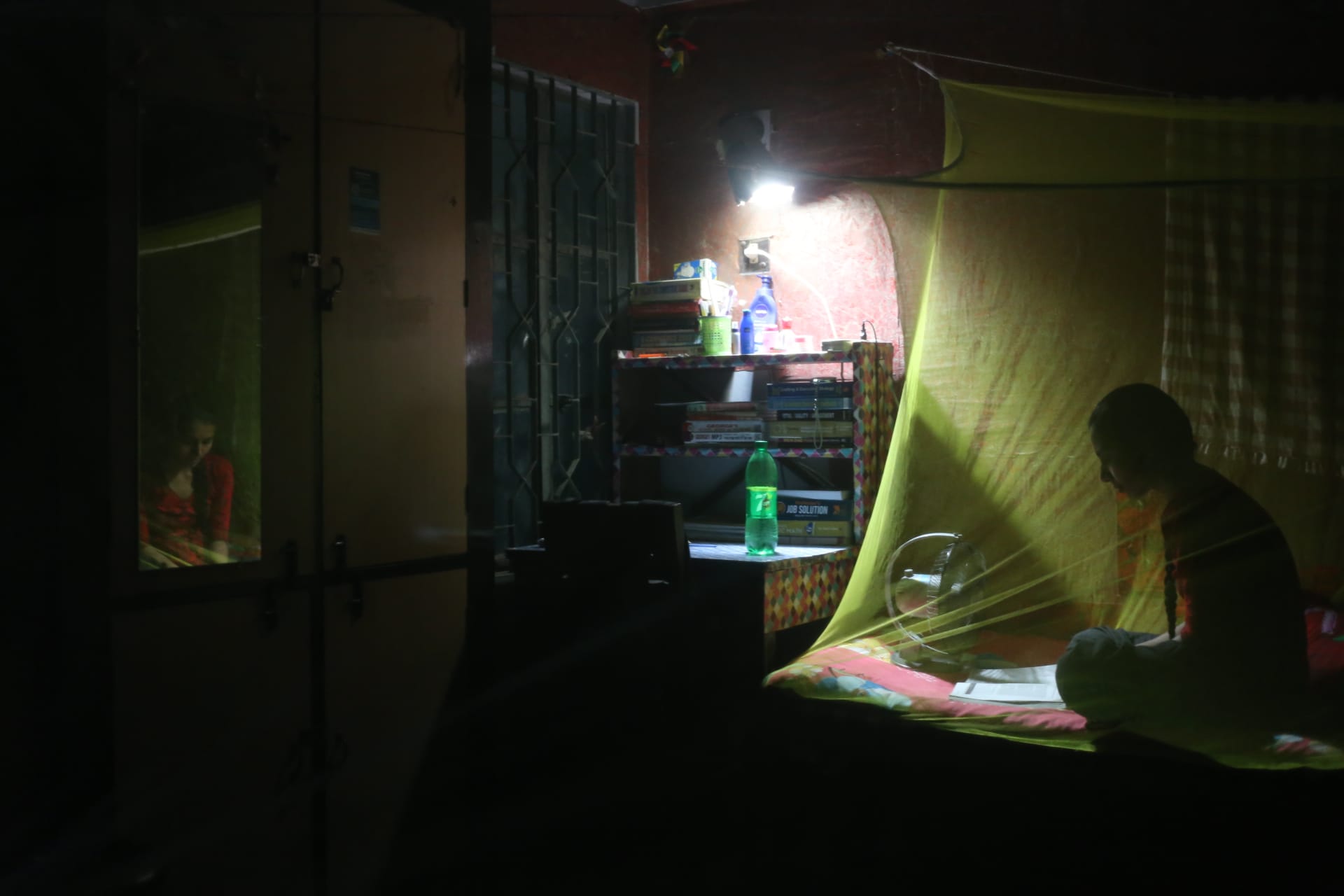
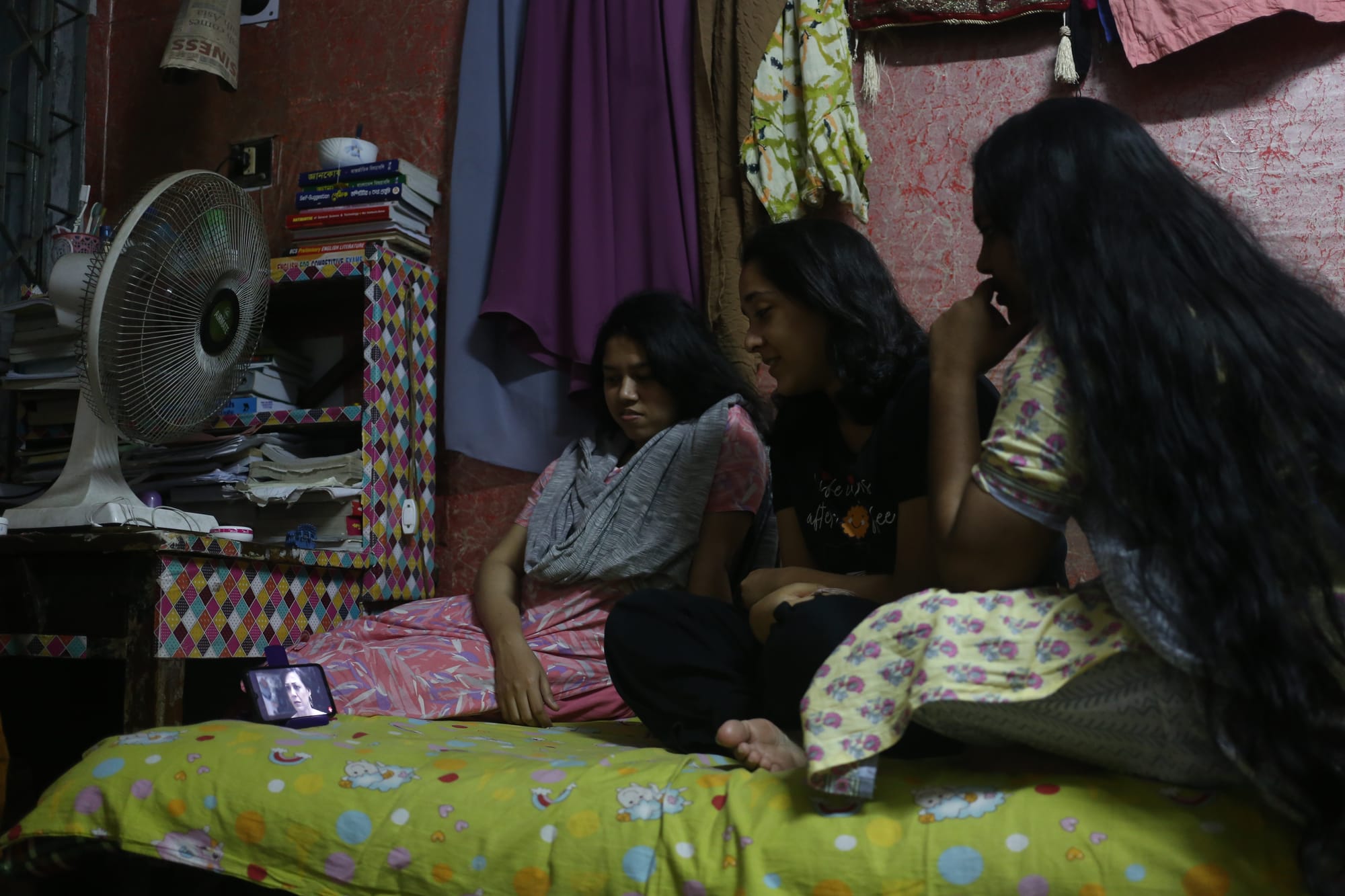
At first, I started taking pictures just to capture memories of life in the halls. I would wander around, photographing daily moments, the friendships between the girls, and even small details inside my own room. But as my time in the hall neared its end, I realised I wouldn’t be in this extraordinary space much longer. That is when it hit me: I needed to document these experiences, to preserve the moments that shaped us. I wanted to highlight how girls grow, find their strength, and support each other during this important chapter of their lives. With that thought, I kept photographing, capturing not just memories, but the spirit of the hall itself.
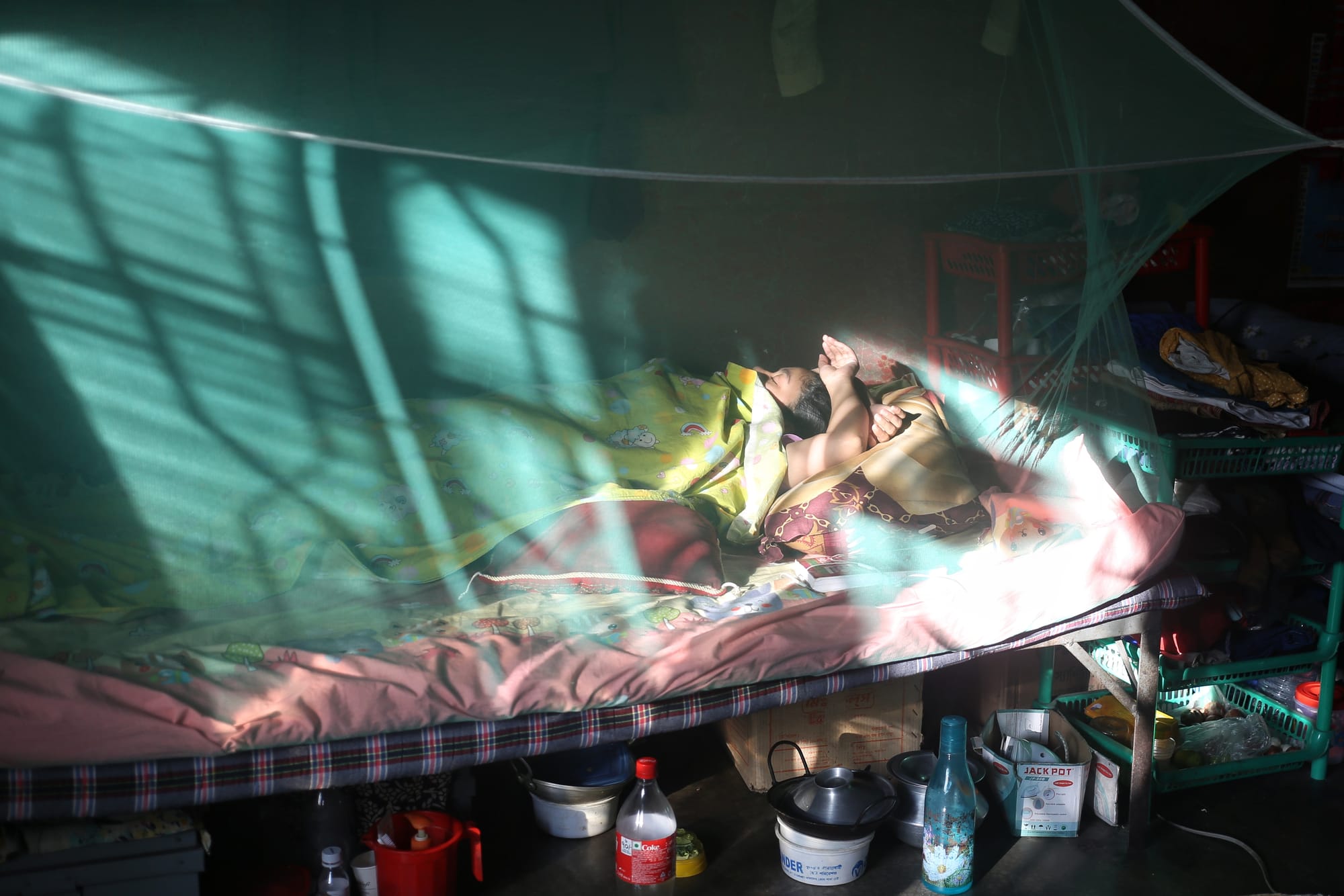
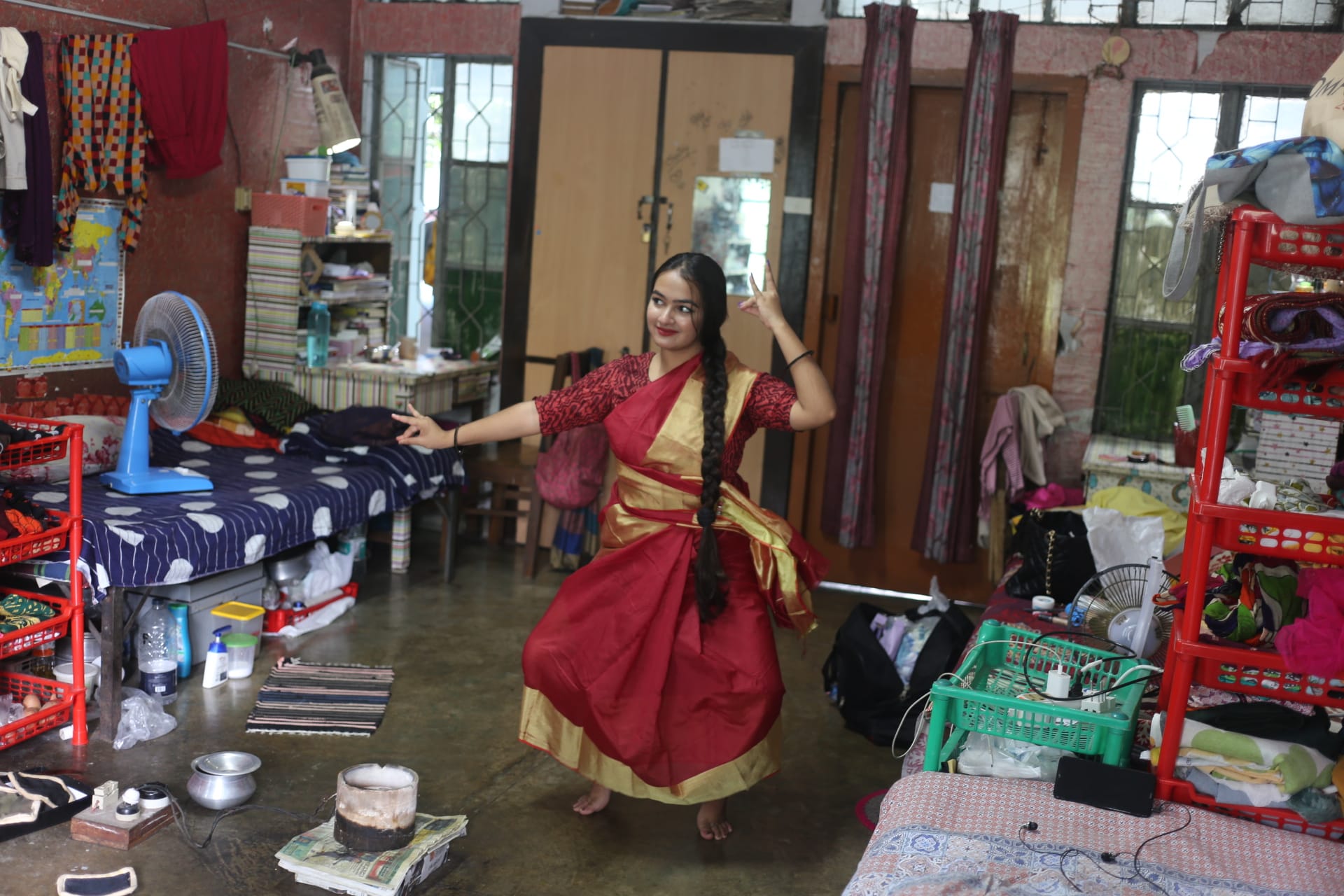
The halls of Dhaka University have always been a hub of political thought and activism. Every room becomes a space for discussion, where students share their views, debate ideas, and critically engage with the world around them. Conversations often last for hours, shaping perspectives and strengthening convictions. Every student at the University is aware of their social and political responsibilities. I remember witnessing how, during different movements, girls would come together late at night, break open the hall gates, and march in protest. Those moments — of unity, defiance, and courage — are etched in my memory. Seeing them stand together, raising their voices, was always a powerful sight.
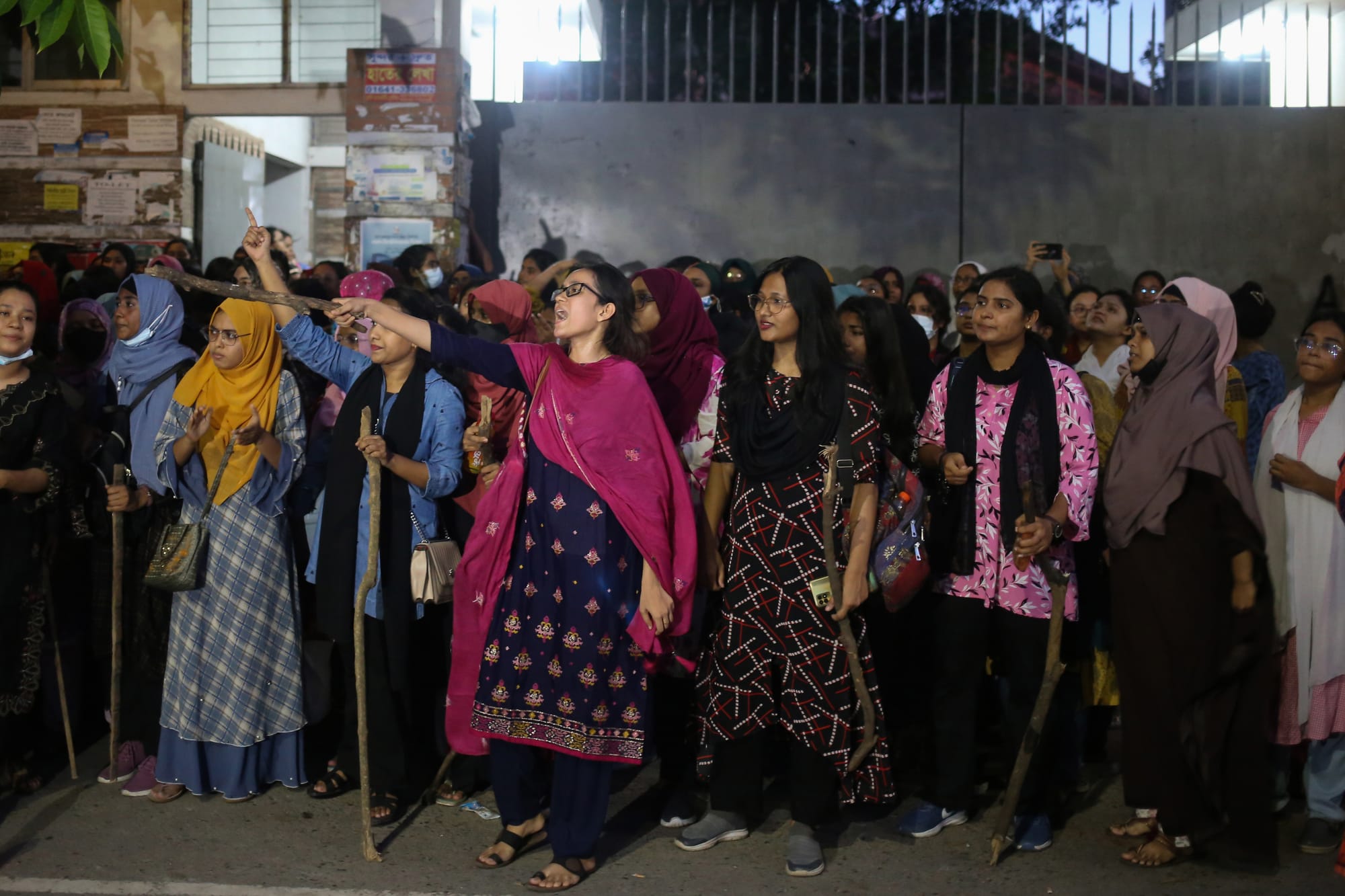
The journey of female students at Dhaka University is too often overlooked. Beyond academic success and public activism, these young women face the challenge of building independent lives in a new city and a patriarchal society. Their hostels become more than just a place to stay — they are spaces of support, where deep bonds are formed, and resilience is nurtured. In a time when relationships often feel fragmented and isolation is growing, the sisterhood within these halls stands as a powerful reminder of the strength found in community. I want to show the warmth, solidarity, and sense of belonging that hall life offers — proof that even in unfamiliar places, we can find family and a collective.
